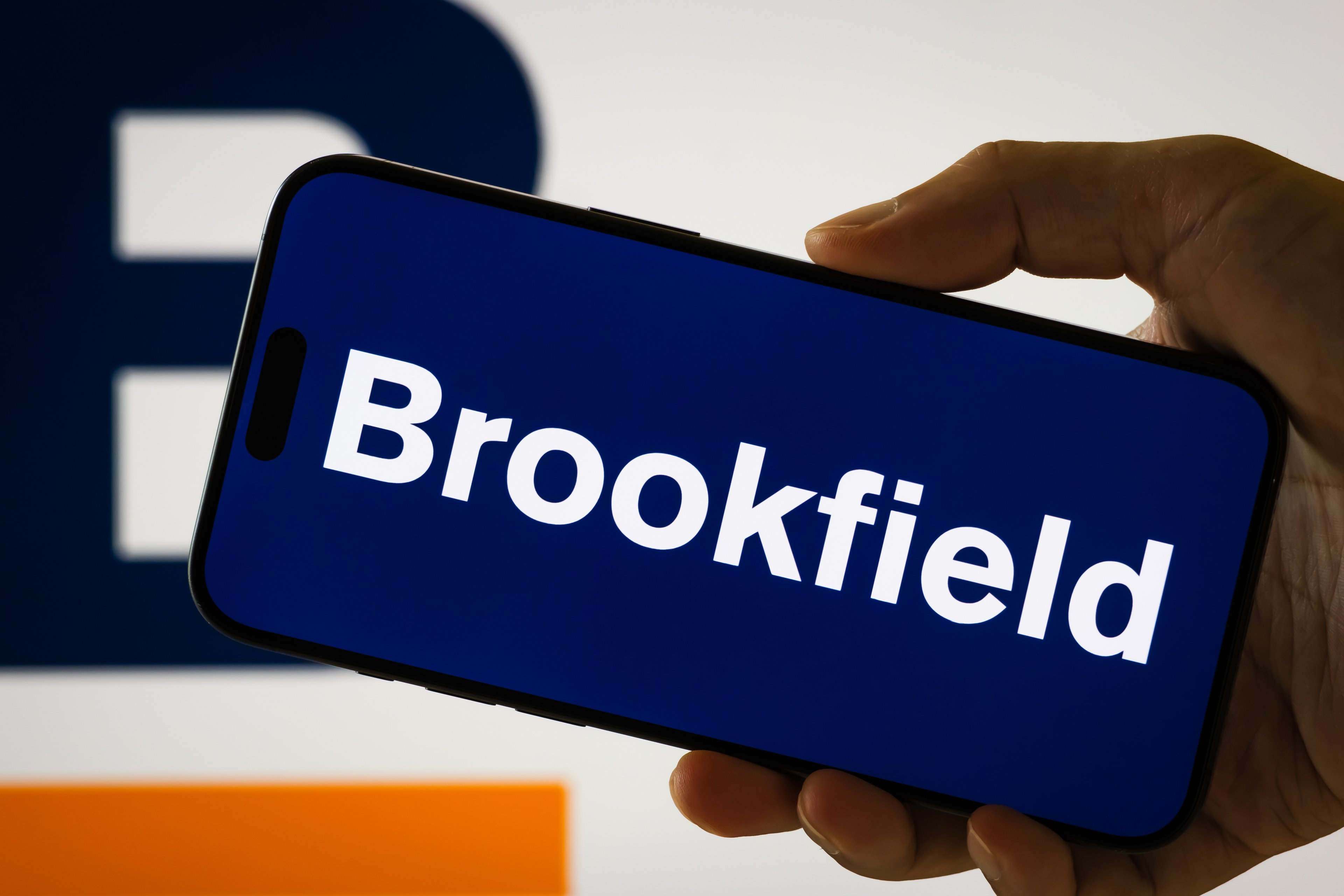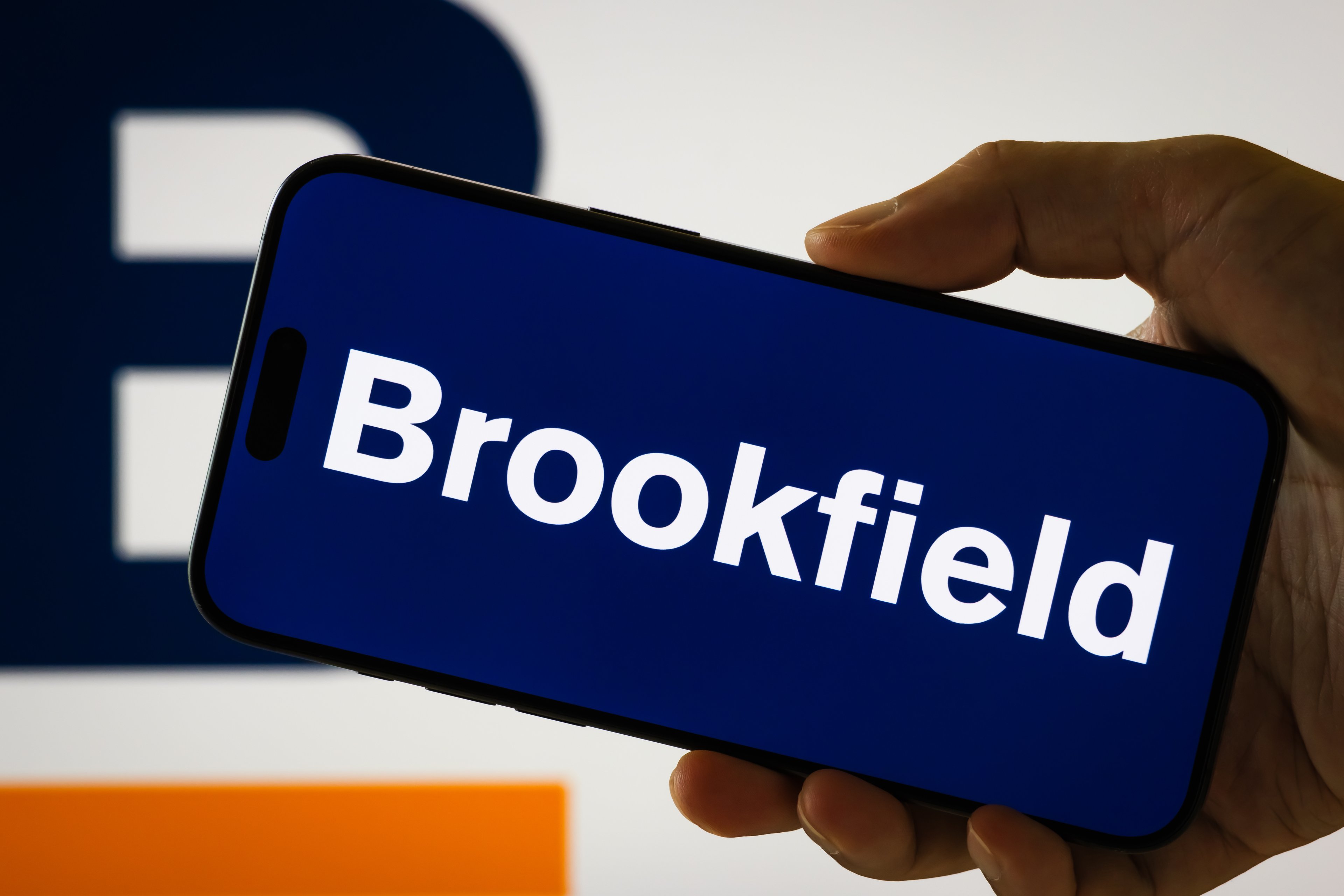Brookfield Property Partners (BPY +0.00%) is an odd duck in the real estate business. However, a hefty 6.8% distribution yield with a disbursement increase in each of the last seven years (basically each year of its relatively young life) might get investors to look past a few oddities. The big question, however, is should you? Here's a primer on this high-yield landlord to help you decide if it is a buy or not.
Some background
Brookfield Property Partners is part of the Brookfield Asset Management (BAM +2.28%) family. Brookfield Asset Management is a Canadian asset manager that has focused on owning and operating physical assets for over 100 years. Historically it managed private money and its own cash, but more recently it has started to allow individual investors to invest along with it via a series of limited partners, each focused on different things. Brookfield Property Partners, as the name implies, owns real estate.

Image source: Getty Images
The Brookfield model is pretty simple. Buy when assets are out of favor, operate them well while simultaneously investing to increase the value of the assets, and then sell when you can get a fair price for an asset -- then repeat. While investors can step back and appreciate a value-focused investment approach like that, it means that Brookfield Property Partners is often in areas that Wall Street is worried about. For example, the last big acquisition was General Growth Properties, which owned a collection of enclosed malls. Right now investors are decidedly downbeat on the mall space because of the so-called "retail apocalypse." Clearly Brookfield is betting that the dire predictions in the enclosed mall world are overdone. But a heavy investment in an out-of-favor sector is one of the key reasons that Brookfield Property Partners' yield is so high today.
But that isn't the only oddity here. Brookfield Property Partners is a master-limited partnership, not a real estate investment trust (REIT). There are a number of implications here. First, there are some tax issues to consider, including that investors need to deal with a K-1 come tax season and that partnerships don't play well with tax-advantaged retirement accounts. There are more complications here as well, because Brookfield Property Partners is controlled by Brookfield Asset Management, which gets paid to operate the partnership. That's basically what an REIT investor would call an external manager, something that many prefer to avoid because of the cost and potential for conflicts of interest. While investors can avoid the limited partnership issues buy acquiring sister security Brookfield Property REIT (BPR +0.00%), there's no way to avoid the external management structure.
All in all, this is not your typical real estate investment. Unless you are willing to watch Brookfield Property Partners (or its sister REIT) fairly closely, you should probably not invest here.
Could be worth some extra effort
For those that enjoy tracking their investments, however, is Brookfield Property Partners worth adding to a high-yield dividend portfolio? The answer is yes, but you have to be prepared to hold a property owner that purposely tries to be out of step with the broader property market, and one that is likely to be an active portfolio manager over time, shifting gears as it sees opportunities to buy and sell assets -- in just about any real estate sector.
In fact, right now its portfolio spans the office, retail, multifamily, industrial, hospitality, triple net lease, self-storage, student housing, and manufactured housing spaces. If that sounds like a lot, it is. Most real estate companies specialize in just one or two sectors, not nine. To be fair, office and retail are by far the biggest investments it has today. But based on Brookfield Asset Management's long history, that could very quickly change if a good bargain shows up (most likely in an out-of-favor sector).
Another factor to keep an eye on is leverage. Brookfield Asset Management tends to be fairly aggressive on the debt front, and Brookfield Property Partners is no different. Long-term debt accounts for roughly 60% of the capital structure. That's not outlandish by any means, but neither is it a low number. Meanwhile, it covers interest expenses by a little under two times, down from between four and six times just a few years ago. Two times isn't horrible, but again it is hardly a strong number. Brookfield Property Partners theoretically has Brookfield Asset Management as a financial backstop should it run into some sort of trouble, but it's not clear if the parent would actually step in to prop up the child here in a worst case scenario.
That said, an aggressive investment approach and liberal use of leverage are two of the factors that back Brookfield Property Partners' long-term plans to grow distributions between 5% and 8% a year. That's pretty generous, since some of the top REITs have a history of coming in slightly below that 5% figure. So for those looking to maximize their current income and income growth (and willing to pay close attention to their investments), the trade-off may be worthwhile. Brookfield Property Partners has basically met, or exceeded, that distribution growth target so far, by the way.
So is it a buy?
The answer, unfortunately, is that it depends. If you like to keep things simple, then Brookfield Property Partners (and its sister REIT) are probably not for you. That said, if you are willing to do some extra legwork, then the high yield and growing distribution here are worth considering. Sealing the deal might be the fact that the partnership trades for less than 10 times its trailing funds from operations (FFO), like earnings for an REIT, at a time when other property owners are trading at valuations that are as much as twice that figure. In other words, Brookfield Property Partners looks like it's on sale today. That makes sense given its value-focused investment approach. But if you are willing to stick around for the long-haul, being out of step with the broader market shouldn't matter much to you.







